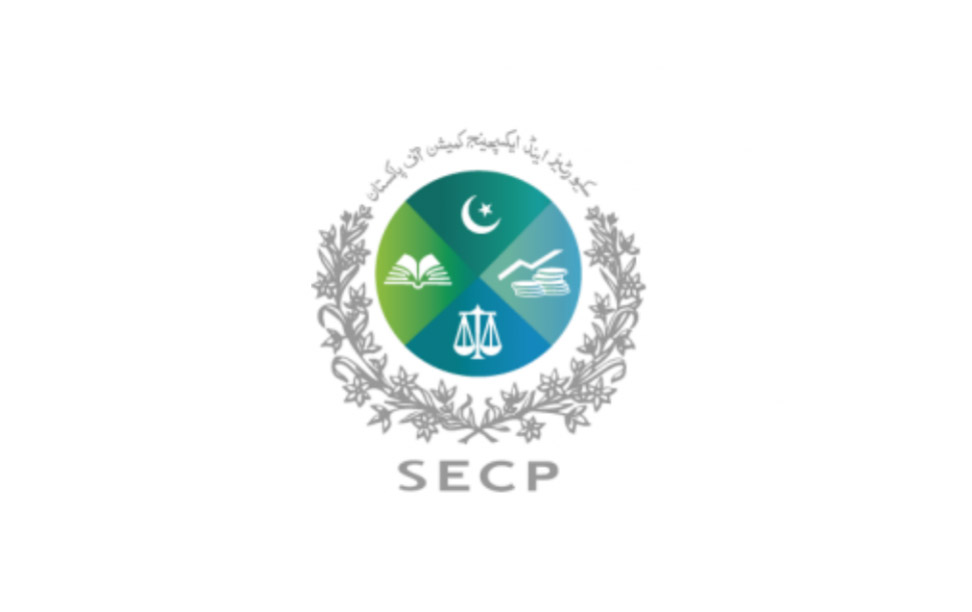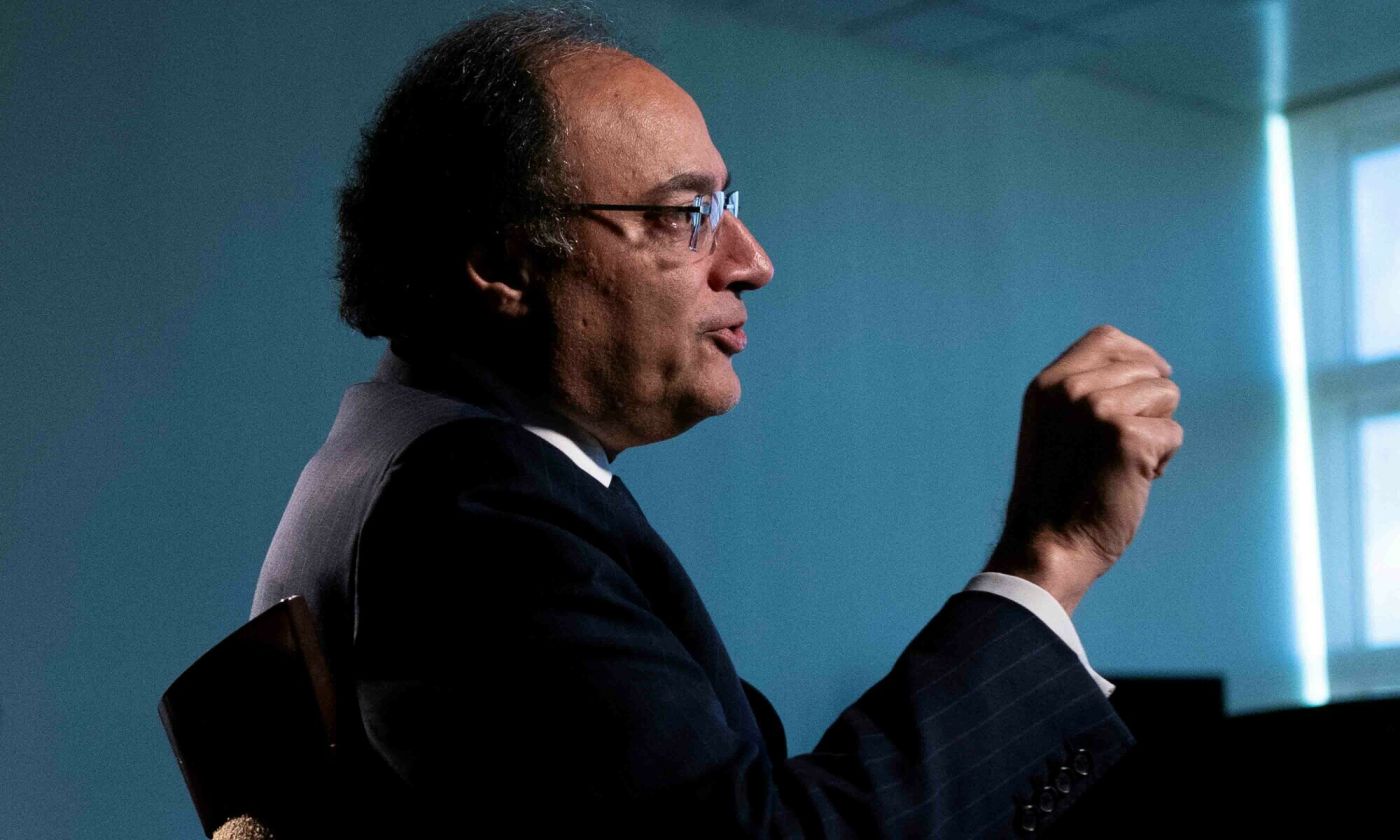February 03, 2022 (MLN): Pakistan plans to raise $1 billion through an ESG-compliant Eurobond in March, which would follow a similar amount of Sukuk last week, to end its dependence on multilateral lenders by reducing the deficit for sustainable economic growth, Finance Minister Shaukat Tarin said in an interview with Bloomberg.
The country which has sought nearly 20 bailouts from the International Monetary Fund over half a century, intends to end its reliance on it by tapping the capital markets.
To note, IMF, yesterday, has revived Pakistan’s stalled programme and cleared $1 billion tranche under the Extended Fund Facility (EFF) program after the government successfully managed to get the State Bank (Amendment) Bill 2021 cleared from the Upper House of Parliament which was the last stumbling block in reviving the programme.
“I think this program should be enough,” said Shaukat Tarin adding “If we start generating 5%-6% balanced growth, which means sustainable growth, then I don’t think we need another IMF program.”
The minister who negotiated the last leg of its current IMF loan is targeting a budget shortfall to 5%-5.25% of the gross domestic product in the year starting July 1, from 6.1% now, and aims to spur economic growth to 6% from 5%.
While sharing his plans, the minister said the first is to halt Pakistan’s boom-bust cycle involves boosting exports. The central bank offered cheap loans to manufacturers and energy tariffs were brought in line with the region. Textile shipments — more than half of total exports — are poised to surge 40% to a record $21 billion in the year through June and further to $26 billion next year, according to PM commerce adviser, Abdul Razak Dawood.
According to Bloomberg, the country also intends to extend similar incentives to the technology sector as it seeks to ride a wave of global venture-capital interest in startups. The policies could be unveiled in about a month, the minister highlighted.
Since his appointment in April 2021, Shaukat Tarin renegotiated some of the IMF’s financial conditions, including a smaller increase in utility prices and a lower mop-up in taxes than the lender had earlier insisted on.
The government has adopted some of the structural conditions including SBP’s autonomy and putting an end to deficit monetization. Like predecessors, Shaukat Tarin hasn’t been able to significantly broaden Pakistan’s tax base or sell loss-making state-run firms, the report noted.
“Previous governments accepted IMF conditions in the short term and, when the program ends, policymakers revert to profligate spending,” Finance Minister said. Instead, he is determined to “control our expenses” in the upcoming budget.
“We are trying to now take those steps, which are going to put this economy on an inclusive and sustainable growth path,” said Shaukat Tarin. “Once it gathers momentum and is sustainable, then I think we will probably see 20-30 years of growth.”
Copyright Mettis Link News
30575







